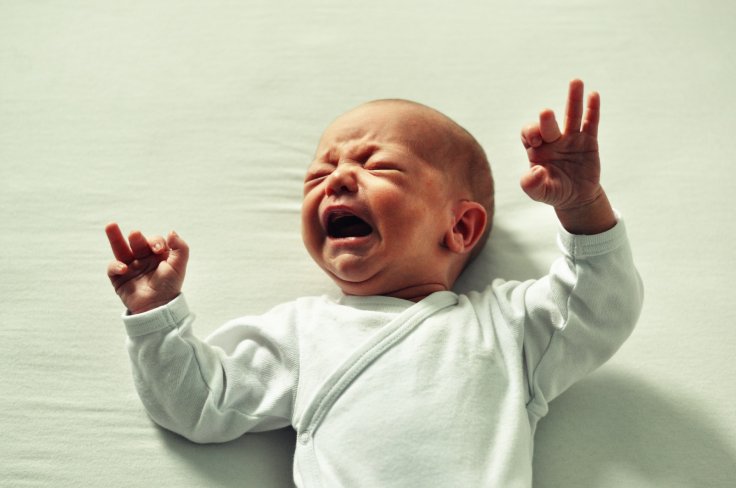Lifting of Covid-19 restrictions in the spring of 2021 led to a massive surge in Respiratory Syncytial Virus (RSV) cases in the United States. According to the latest reports, for the first time in 25 years, the percentage of positive RSV tests crossed 20 percent since June, especially posing threat to the health of millions of young children.
RSV is a common respiratory virus that has similar symptoms as Covid-19. This virus mostly attacks children but has also been reported among adults over age of 65. Though it is considered a common respiratory virus, if not treated on time it can be life threatening as it might lead to pneumonia.
Though there are some measures to prevent RSV from becoming severe, there is no treatment for the same and clinical trials are on to finalize a vaccine.

Symptoms of RSV include runny nose/congestion, cough, sneezing, fever, decrease in appetite, headache, wheezing, difficulty breathing or rapid breathing, skin turning blue in color which is caused by lack of oxygen. Thus with symptoms similar to Covid-19, many-a-times patients were reported to have been coinfected with both Covid-19 and RSV.
Similarities Between Covid-19 and RSV?
Though symptoms are similar and both are respiratory viruses, technically RSV is different from Covid-19. RSV belongs to a family of viruses known as pneumoviruses. SARS-CoV-2 that causes Covid-19 belongs to a group of viruses called coronaviruses. Experts opine that a person can be infected with both RSV and Covid-19.
It was said that hospitalization due to RSV was decreased considerably when restrictions were laid out to curb the spread of Covid-19. Experts said that initiatives including wearing masks, social distancing helped bring down RSV hospitalization to three percent. Morbidity and Mortality Weekly, a journal of the Centres for Disease Control and Prevention stated that RSV activity in the U.S. had dropped to historically low levels from about April 2020 to April 2021 [when Covid-19 restrictions were in place].
Speaking to Live Science, Dr. Octavio Ramilo, Chief of Infectious Diseases at Nationwide Children's Hospital in Columbus, Ohio, said that nonpharmaceutical interventions like wearing mask and social distancing were not a solution to RSV.
Who Are At Risk?
According to the CDC and American Academy of Pediatrics, Premature babies, particularly those born before 29 weeks; Children younger than 2 years old with congenital heart disease or chronic lung disease; Children or adults with weakened immune systems due to a medical condition (such as cancer) or medical treatment (such as an organ transplant); Older adults, especially those with chronic heart or lung disease are at a risk of severe infection of RSV.
It can be life threatening to infants because of their tiny airways. Inflamed airways can affect their immature immune system and make breathing difficult.
Treatment for RSV
Just like Covid-19, RSV also spreads through the air when an infected person coughs or sneezes, or through contact with contaminated surfaces. Reports state that RSV can survive for up to six hours on hard surfaces, and for about 30 minutes on unclean hands.
As RSV is caused by a virus and not a bacterium, antibiotics cannot be used to treat the infected person. Usually counter medicines, such as acetaminophen or ibuprofen are used to reduce pain and fever but there is no specific treatment for RSV.
However, in most cases treatments for common cold helps the infected person recover without medical intervention. But in severe cases of RSV, treatment in the hospital includes fluids, additional oxygen or use of a mechanical ventilator to help with breathing.
Though there is no vaccine to prevent RSV infection, multiple companies are in the process of clinical trials to come out with a vaccines to treat RSV cases. Reportedly, GlaxoSmithKline has started a phase 3 study testing a candidate RSV vaccine for use in pregnant women.









